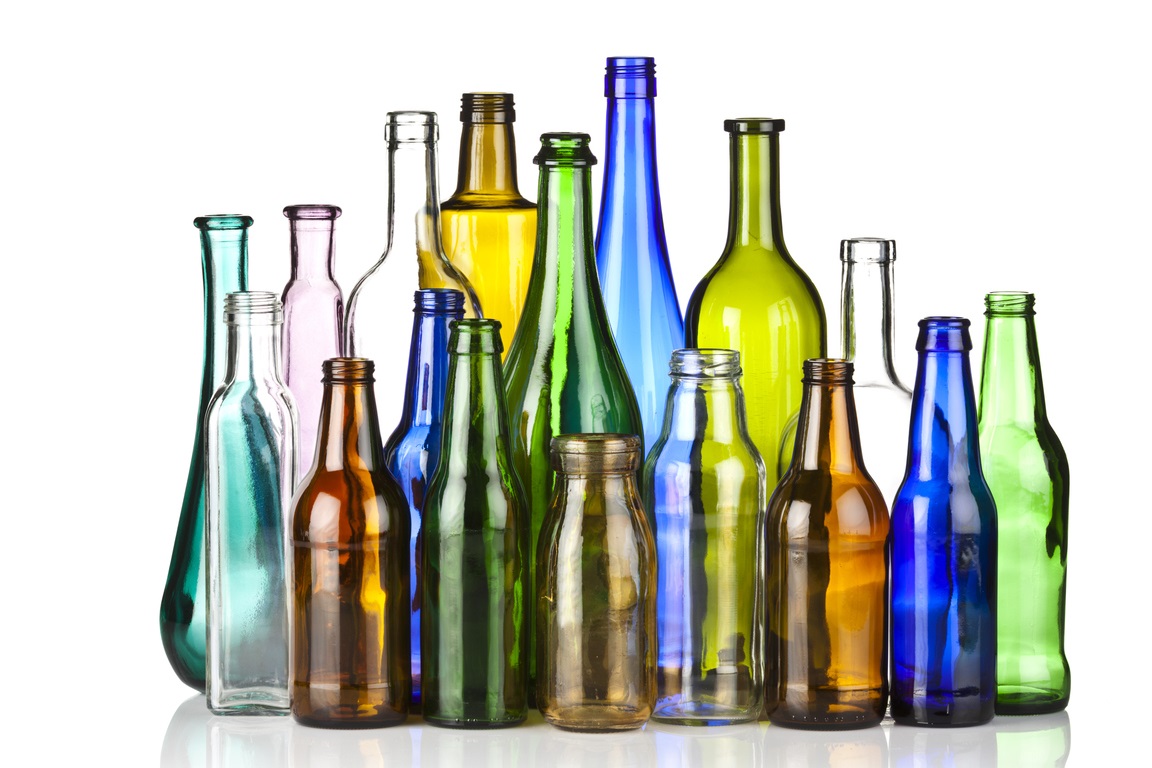11 Dec 2024

Tired Earth
By The Editorial Board

France will see the comeback of the glass bottle return scheme by 2025, according to a recent government announcement, which has already been welcomed by NGOs who now expect new initiatives to meet EU plastic waste reduction targets.
French supermarkets will soon be obliged to take used glass bottles and jars from customers who shop there, the Secretary of State for Ecology, Bérangère Couillard, announced on Thursday (22 June).
“The idea is to put in place a legal framework by the end of the year and launch trials before rolling out the network in two years, ” she said.
The announcement follows the adoption in 2020 of the French circular economy law, which provided for a debate this year on the introduction of a deposit system for waste packaging.
A trial will therefore be set up this year to ensure a minimum re-use rate of 10% for glass packaging by 2027, Couillard explained.
These measures are also in line with the EU Waste Directive, which aims to achieve a 75% recycling rate for glass by 2030.
Campaigners welcomed the government’s announcement but called for these to be legally-binding in order to make sure they are implemented.
“Excellent news, not only for the planet and its inhabitants but also for the French economy,” said Charlotte Soulary, head of advocacy at Zero Waste France.
“It will be necessary to require distributors to take back returnable glass containers, but also and above all to increase the proportion of returnable packaging to be put on the market each year, and to provide funding for washing facilities,” Soulary added.
The measures are all the more necessary as the EU is currently debating a new Packaging Waste Regulation, with a view to increasing recycling and reuse targets.
More glass to reduce plastic
France already recycles 85% of its glass, a rate that is well above the EU target.
However, if the government is now pushing for even higher glass recycling figures, the aim is also to have more glass packaging and thus help reduce plastic consumption.
In a report published at the start of June, the European Commission pointed out that France was lagging behind in this area. Only 20.1% of plastic waste was recycled in 2020, compared with the EU target of 50% by 2025.
Regarding single-use bottles and plastics, the EU directive on the use of single-use plastics, in force since 2019, requires a collection rate of 77% in 2025 and 90% in 2029 – targets that have been incorporated into the French law without changes.
By 2021, the collection rate in France was 61%. “We know this, and we’re not hiding it,” the Secretary of State for Ecology told EURACTIV France in early June.
To address this, Couillard announced a series of measures.
Besides the proposal of a penalty-reward scheme for the collection of plastic bottles for local authorities, Couillard is also proposing to introduce a ban on certain non-recyclable plastics from 2025 and incentive-based pricing, which is already in place but does not cover enough households in France, contrary to EU recommendations.
Concerns from local authorities
However, the “fairly significant differences” between regions when it comes to collection systems pose several issues, according to Citeo, a not-for-profit public body.
Some regions have taken a sceptical view of the government’s announcements, fearing new financial burdens for local authorities.
Like the NGOs, local elected representatives are also questioning the usefulness of focusing on deposit schemes to reach plastic waste reduction targets – something the EU Plastic Waste Directive says is only one means of reaching recycling targets, the NGOs point out.
“We’ve spent hours in consultation on this subject of bottles, even though it’s marginal: we’re talking about an additional 100,000 tonnes of bottles being collected, whereas plastic waste represents five million tonnes in France”, Nicolas Garnier, general delegate at Amorce, an association of local authorities involved in waste and energy management at the local level, told Les Echos.
However, according to Citeo, a recycling deposit scheme that is harmonised at the national level would appear to be the most effective way of achieving the 2030 waste recycling targets and result in an additional 10 percentage points.
Such schemes are already in place in a number of EU countries, with countries like Germany, Slovenia, Lithuania, Estonia, Denmark, Finland and Sweden leading the way.
All except Sweden (88% plastic deposit rate) have already achieved or even exceeded, the targets set for 2030 (90%). At the larger EU level, the average deposit rate for plastic containers is 60%.
Source : euractiv.com
Comment